ECCB Newsletter November 2024

A NOTE FROM
DR. GONDER
Welcome to the 2024-2025 academic year! I am excited to begin what promises to be an exceptional year for the Department of Ecology and Conservation Biology. This fall, we are pleased to welcome 109 new undergraduate majors to our program — a testament to the growing interest in our field and the outstanding academic environment we cultivate at Texas A&M University.
Looking back on the past year, we have much to celebrate. ECCB faculty have excelled in both research and teaching, earning numerous awards. Two of our faculty were named Montague-Center for Teaching Excellence Scholars, highlighting their dedication to innovative teaching and mentoring. We’ve also doubled our external research funding over the last three years, a remarkable achievement that will fuel further discoveries and contributions.
We are excited to welcome new faculty and staff to the ECCB family. This fall, we are joined by three new assistant professors: Dr. Taeyoon Lee (forestry), Dr. Toby Hibbitts (herpetology, following 20 years as curator at the Biodiversity Research and Teaching Collections), and Dr. Wenzhe Jiao (drought mitigation, remote sensing and data analytics). In January, Dr. Ian Ausprey will join us from the University of Bern, specializing in environmental stewardship in agricultural landscapes. Dr. Antonio Rodrigues will arrive from the University of California, Berkeley, in March, specializing in theoretical evolutionary modeling. We also are excited to welcome Diana Wood, program specialist III, to the Department of Ecology and Conservation Biology. With over a decade of experience in educational administration, curriculum management and student support services, Diana’s expertise aligns perfectly with ECCB’s goals, and we look forward to her valuable contributions to our programs and initiatives. These new additions will bolster our department’s research and teaching missions and enrich the student experience.
We are also pleased to introduce Dr. Kevin Njabo, who joined us as a senior research scientist in June. Dr. Njabo has been tasked with establishing a Conservation Collaboratory and revitalizing the Applied Biodiversity Science, ABS, program, bringing his extensive background in biodiversity conservation, environmental science and interdisciplinary research. His leadership will enhance the ABS program’s impact, foster collaboration and advance innovative solutions to biodiversity challenges.
We are excited to announce that the P3 Conservation Collaboratory is home to a new university-wide partnership with Re:wild, a Texas-based public charity, to advance educational excellence in conservation. This Memorandum of Understanding strengthens ECCB’s research and teaching, particularly through the ABS program, by promoting research excellence and ensuring graduates are well equipped with the knowledge and skills needed for successful careers. Re:wild’s extensive experience and resources will enhance student recruitment, retention and career readiness, fostering the next generation of conservation professionals in Texas and beyond.
Here’s to an exciting and productive academic year!
Best regards,
Katy Gonder, Ph.D.
Professor and Department Head
[email protected]
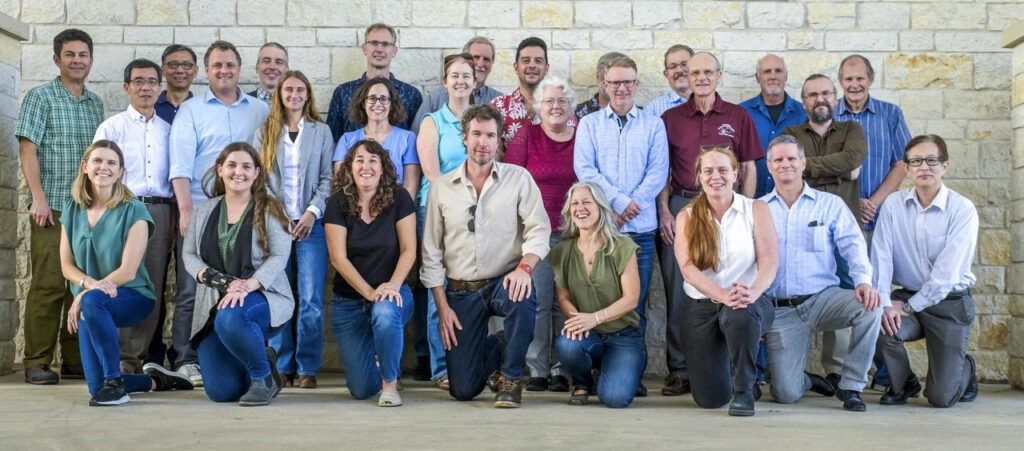
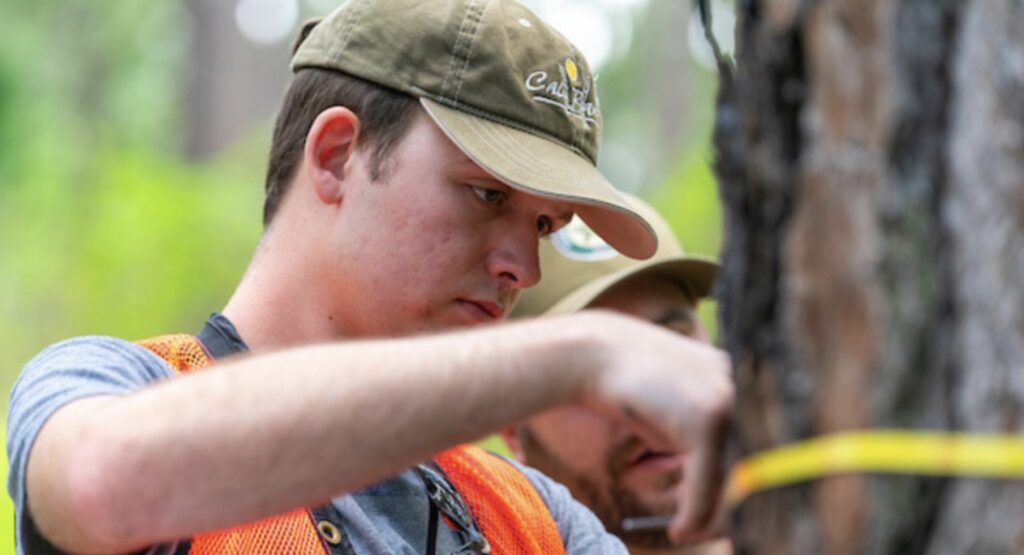
Texas A&M Forest Service offers scholarships for future foresters
More than $235,000 in scholarships will be available for Texas A&M Department of Ecology and Conservation Biology students on track to be foresters.
The funds for this scholarship have been provided from timber sales on the 630-acre John Henry Kirby State Forest, gifted to the Texas A&M Forest Service in 1929. This scholarship will award $4,000 annually to freshmen and transfer students in the department, including enrolled Texas A&M Forest Service employees and interns.
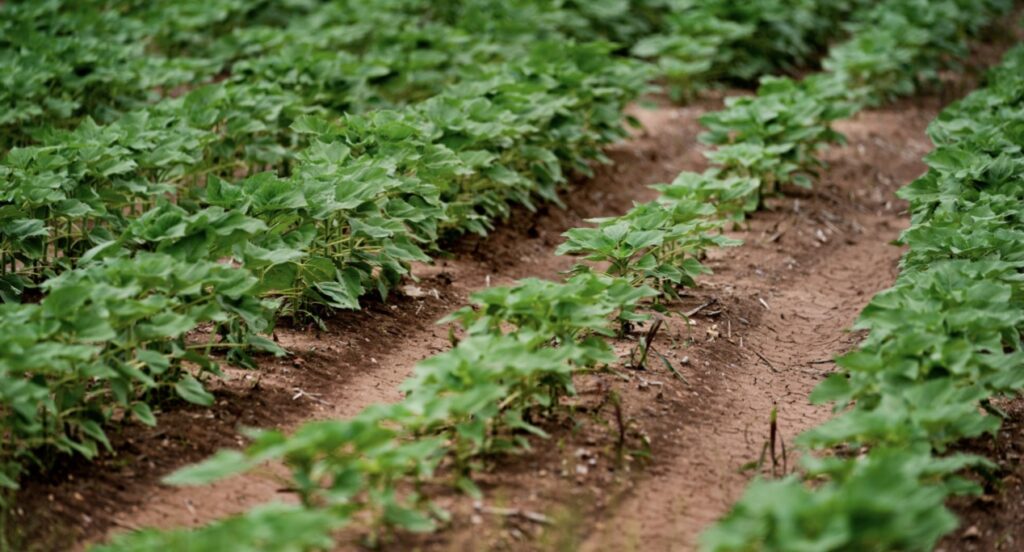
New modeling app to assist farmers in forecasting
Scientists with Texas A&M AgriLife Research in the Texas A&M College of Agriculture and Life Sciences are developing a tool that could give agricultural producers a glimpse into the future for planning purposes. The team is led by Raghavan Srinivasan, Ph.D., professor in the Texas A&M Department of Ecology and Conservation Biology and the Department of Biological and Agricultural Engineering. They are working to develop a new tool utilizing data like weather, market prices and water movement to project scenario-based outcomes for producer operations.
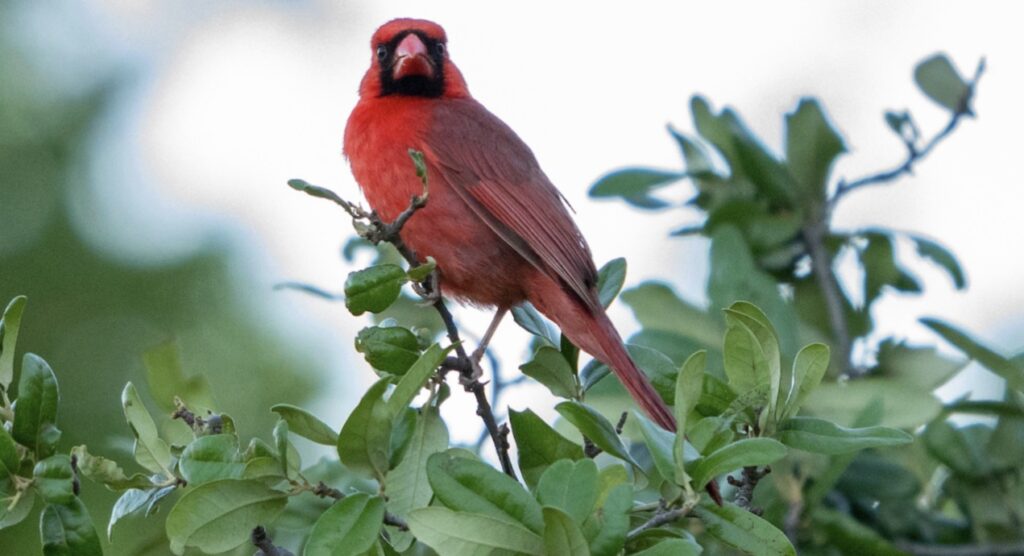
Three ways to protect migratory birds this fall
Each year, nearly 2 billion birds migrate through the Lone Star State. Many of the migratory species use the night sky as a tool to navigate through the state and back to their homes and breeding grounds.
Heather Prestridge, a curator in the Texas A&M Department of Ecology and Conservation Biology at the Biodiversity Research and Teaching Collections, shared three key ways you can help birds during the southern migration window this fall.
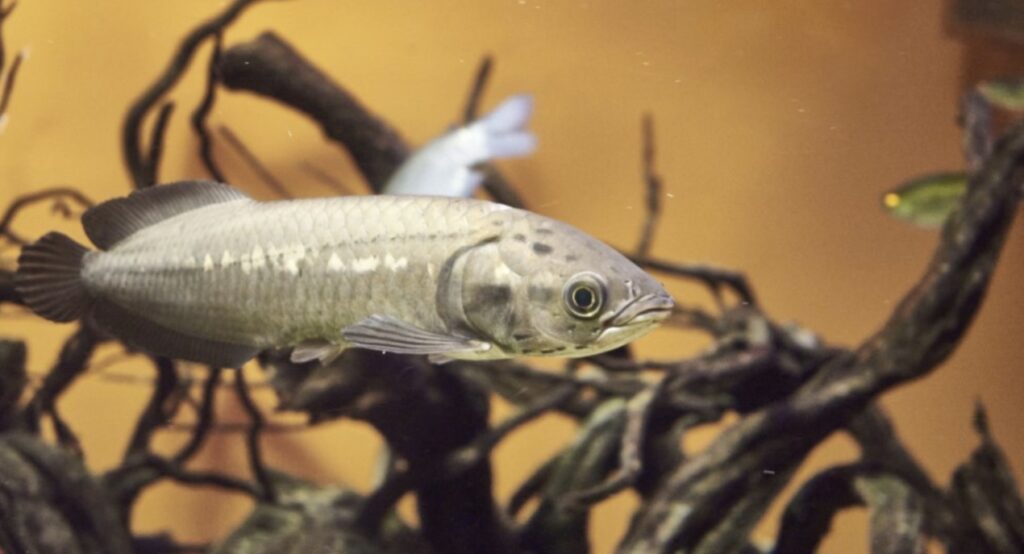
Research eyes sustainable future for African fisheries
Tofunmi Oladimeji wants to make sure future generations of Nigerians can fish for African bonytongue. Oladimeji, Ph.D., is a former visiting research assistant in the lab of Luis Hurtado, Ph.D., professor and evolutionary biologist. She came to Hurtado’s lab to learn genetic techniques and analyses that could be used to guide conservation and management of threatened bonytongue populations in inland West African fisheries.

A passion for conservation
Skyler Nix, a sophomore in the Department of Ecology and Conservation Biology, is a passionate advocate for conservation and biodiversity.
Nix’s decision to study in the College of Agriculture and Life Sciences was based on a deep-rooted love for nature established at a young age and his desire to immerse himself in a culture where his love for the environment could grow.
READ MORE
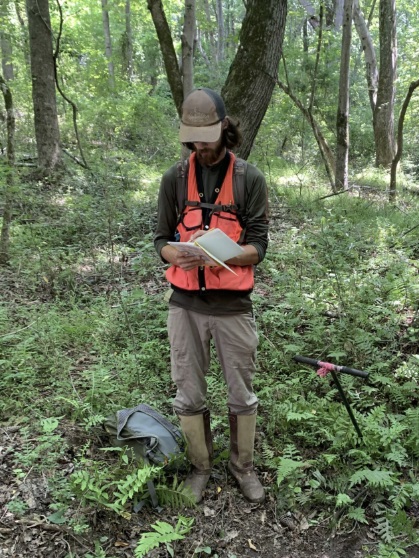
Protecting critical habitats
This summer, Caleb Catlett ’25, a senior in the Department of Ecology and Conservation Biology, interned in the environmental department at Timmons Group.
He engaged in environmental due diligence work such as monitoring stormwater runoff around construction sites and conducting surveys of trees and endangered species habitats. He also learned about local environmental regulations and laws.
READ MORE

Department faculty, staff and students recognized at College Connect
The Texas A&M College of Agriculture and Life Sciences annually honors faculty, staff and students at the “College Connect” awards event, held this year on Oct. 10 at the Shirley and Joe Swinbank ’74 AgriLife Center. Congratulations to this year's recipients:
Staff Excellence Award Dawn Miles, senior administrative coordinator II
Student Relations Award Jessica Light, Ph.D., professor and curator of mammals
Graduate Student Teaching Rose Blanchard, doctoral candidate and Tom Slick Graduate Fellow
Department honors students and faculty at Scholarship and Awards Banquet
On Friday, Oct. 4, the department came together for the remarkable Scholarship and Awards Banquet hosted by the Department of Ecology and Conservation Biology.
Held at the Shirley and Joe Swinbank '74 AgriLife Center, our students and faculty members were honored with well-deserved awards. We extend a heartfelt thank you to everyone who attended and made this night unforgettable.
Light supports study on bat's ability to spread Chagas disease in Texas
Jessica Light, Ph.D., recently contributed to a study in the journal Veterinary Parasitology that revealed Mexican free-tailed bats do not play a major role in the transmission of Trypanosoma cruzi, the parasite responsible for Chagas disease.
New faculty and staff bring unique expertise to the department
Kevin Njabo, Ph.D., has joined the department as a senior research scientist, director of the P3 Conservation Collaboratory, and coordinator for the Texas A&M University Applied Biodiversity Science program.
Taeyoon Lee, Ph.D., has joined as an instructional assistant professor specializing in geospatial software and programming related to precision forestry.
Toby Hibbitts, Ph.D., was recently hired as an instructional assistant professor in the department. His role will be 75% teaching and 25% research, and he will teach Fundamentals of Ecology, Conservation Biology, and Field Herpetology as well as lead a study abroad class.

Giving to the Department of Ecology and Conservation Biology
The Department of Ecology and Conservation Biology was officially founded in 2020. We aim to conduct interdisciplinary research across all ecological levels, from genes to ecosystems, to conserve biodiversity and natural resources in our rapidly changing world.
None of this would be possible without the generosity of our donors and friends.